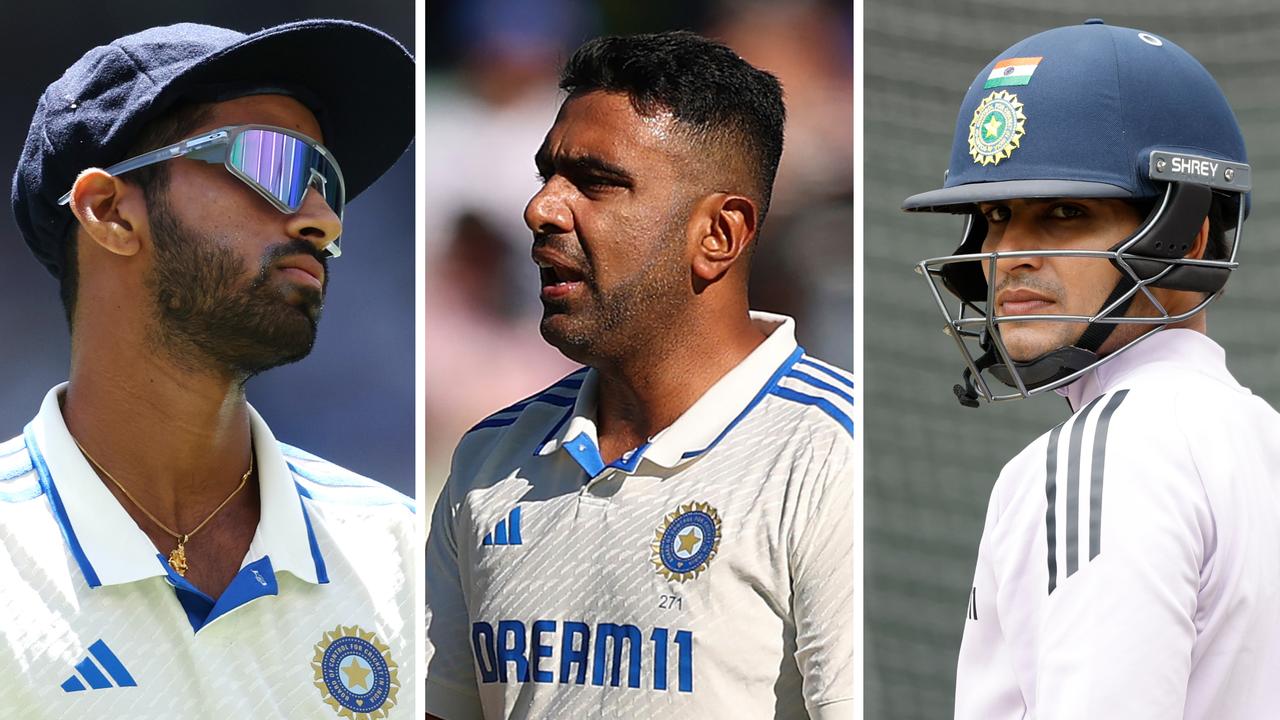Golden Games: how Australia achieved its greatest ever Olympic medal haul | Jack Snape

- by Admin
- August 8, 2024

Wild and wonderful, Australia experienced a Wednesday to remember in Paris, snaring four gold medals and two bronze in the greatest single-day haul in the country’s rich Olympic history. The podium bonanza pushed Australia past its previous record of 17 golds at an Olympic Games – set in Athens 2004 and equalled in Tokyo three years ago – with four days of competition still to go.
Three of the golds came in an extraordinary two hours, as sailor Matt Wearn, skateboarder Keegan Palmer and cycling’s men’s pursuit team all secured victories in the late afternoon across three separate venues – stretching from Marseille in the south of France, to La Concorde on the banks of the Seine. The day was capped off by Nina Kennedy’s magnificent victory in the pole vault in front of 70,000 fans at the Stade de France.
Legendary commentator Bruce McAvaney marked the occasion on-air. “We’re in rare air, all of us, we’ve never had a Games like it,” he said on ABC radio. “Forever and a day, Nina Kennedy will be the athlete that took us to 18 gold medals.”
Bronze medals for Jemima Montag and Rhydian Cowley in the race walk relay in the morning and Matt Denny in the discus during the evening athletics session helped Wednesday’s haul eclipse Australia’s previous single-day medal record of four golds, set in Tokyo when Wearn and BMX freestyler Logan Martin added victories to two triumphs in the pool.
At the end of 12 days of competition, Australia’s Olympians have won 18 gold medals, 12 silver and 11 bronze. That trails only the USA and China on the medal tally, and is five golds clear of France in fourth place. Great Britain, South Korea and Japan are one gold further back with 12 apiece.
Among these nations, Australia is easily leading the alternative, per-capita standings, with one gold medal for approximately every 1.5m people, compared with 12m for the USA and 56m for China.
However, smaller nations including Ireland, Dominica and Saint Lucia are ahead of Australia on the gold-medals-per-capita basis. Three days ago, Thea LaFond won the triple jump to give Dominica – population 73,000 – its first Olympic medal.
But Wednesday was the day of green and gold. Minutes before Kennedy won Australia’s fourth gold medal of the day, chef de mission Anna Meares addressed media outside the Olympic Village. The former cyclist said it had been “an incredible Games,” and she was disappointed to miss the team pursuit medal.
“Had I been there, I think I would have been watching through my fingers,” Meares said. “It’s been 20 years since the men’s team pursuit has won a gold medal in track cycling, and 20 years previous to that as well, so it’s hard fought. They’ve worked hard for it, I’m super proud for them.”
Meares spent much of the day addressing the arrest and subsequent release of hockey player Tom Craig for allegedly trying to buy cocaine the previous night. But she managed to watch the performances remotely.
Australia’s chef de mission praised Wearn, recognising his achievement in being the first sailor to win back-to-back Olympic gold medals, and acknowledged 21-year-old Palmer for doing the same, albeit in a sport that has only been around for two Games. “[For him] to be able to go out under pressure, with heavy expectation, was exceptional,” she said.
In Athens, Australia won 17 gold, 16, silver and 17 bronze, in what had been until now the country’s best Olympic performance. In Tokyo, the team secured the same number of gold, but with seven silver and 22 bronze.
Although Australia’s tally in Paris is now 18 golds, the tally of 41 medals still trails both those Games, as well as the 58 won in Sydney and 46 won in Beijing in 2008. Australia also won 41 medals in Atlanta in 1996, but only nine gold.
But there remain medal chances for the remainder of the Games including in boxing, basketball, canoe sprint, beach volleyball and sport climbing.
The Latest News
-
December 26, 2024Texas Freshman Tennis Star Maya Joint To Turn Pro Ahead Of Australian Open
-
December 26, 2024Injured Halep forced to pull out of Australian Open
-
December 26, 2024As big changes come to the PGA Tour, a look back at the complicated path to all-exempt era – Australian Golf Digest
-
December 26, 2024Rules of Golf Review: It was only a tap-in, but my opponent raked his putt into the hole. Is that legal? – Australian Golf Digest
-
December 26, 2024Simona Halep issues ‘little update’ following Australian Open setback





